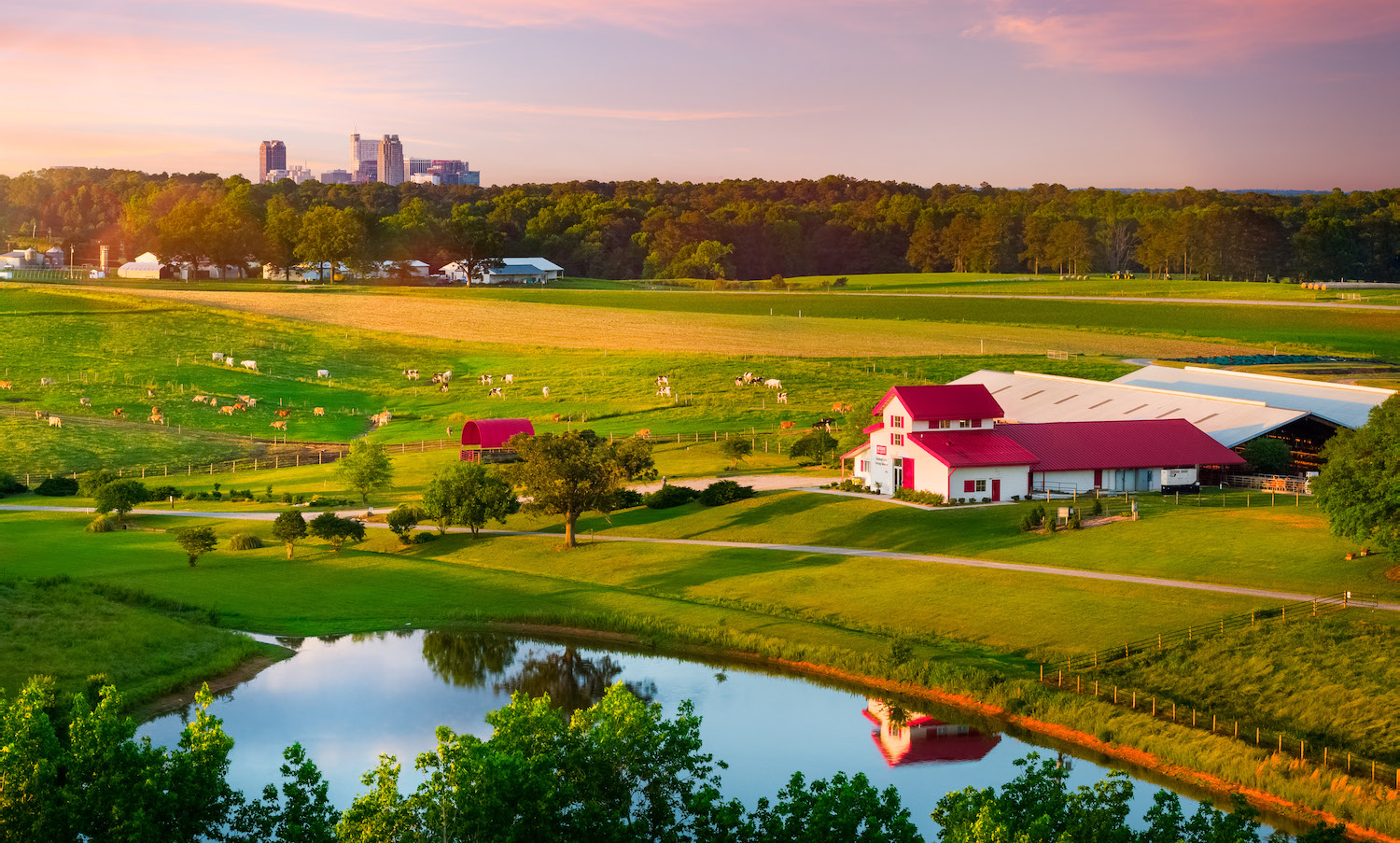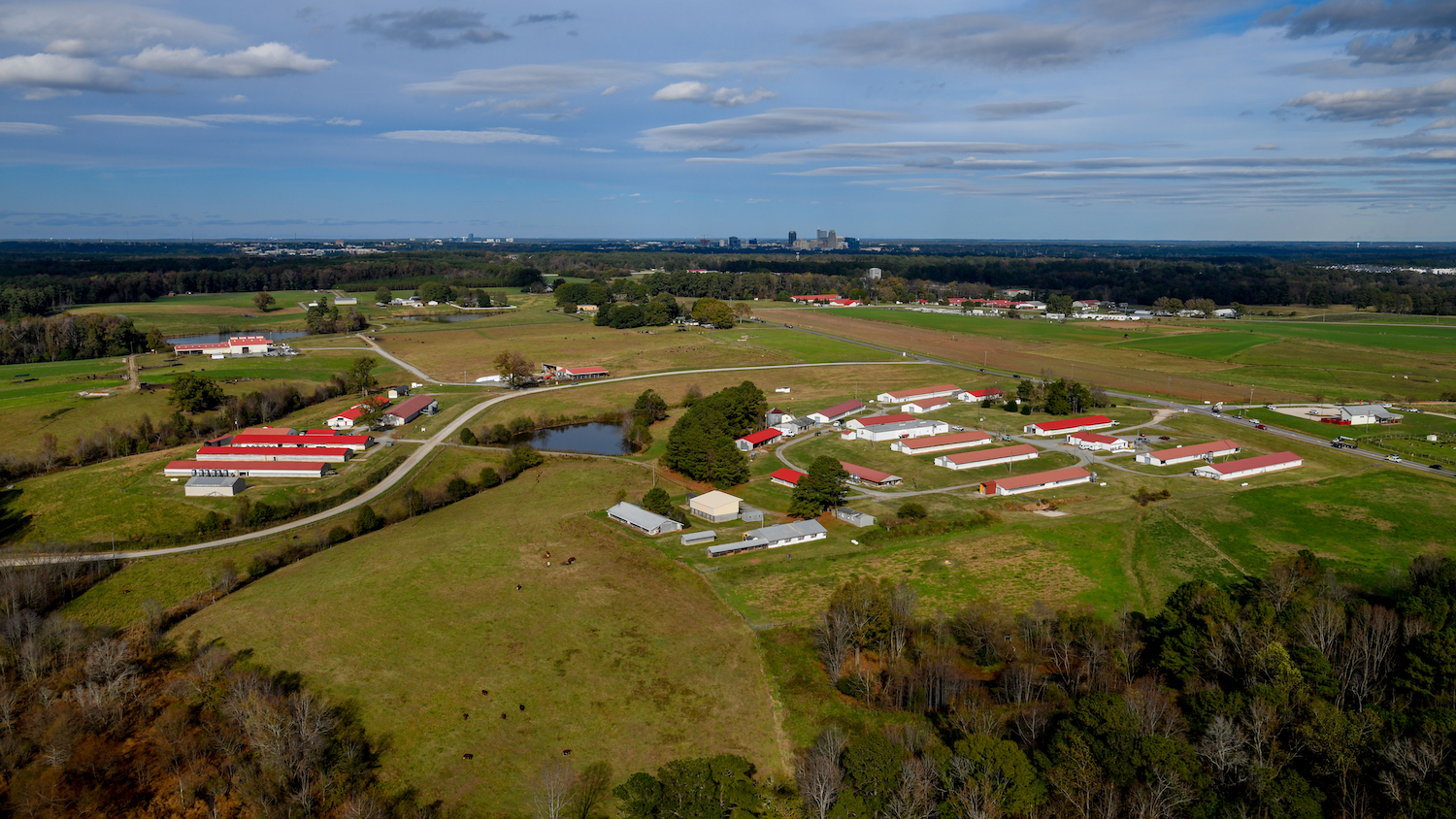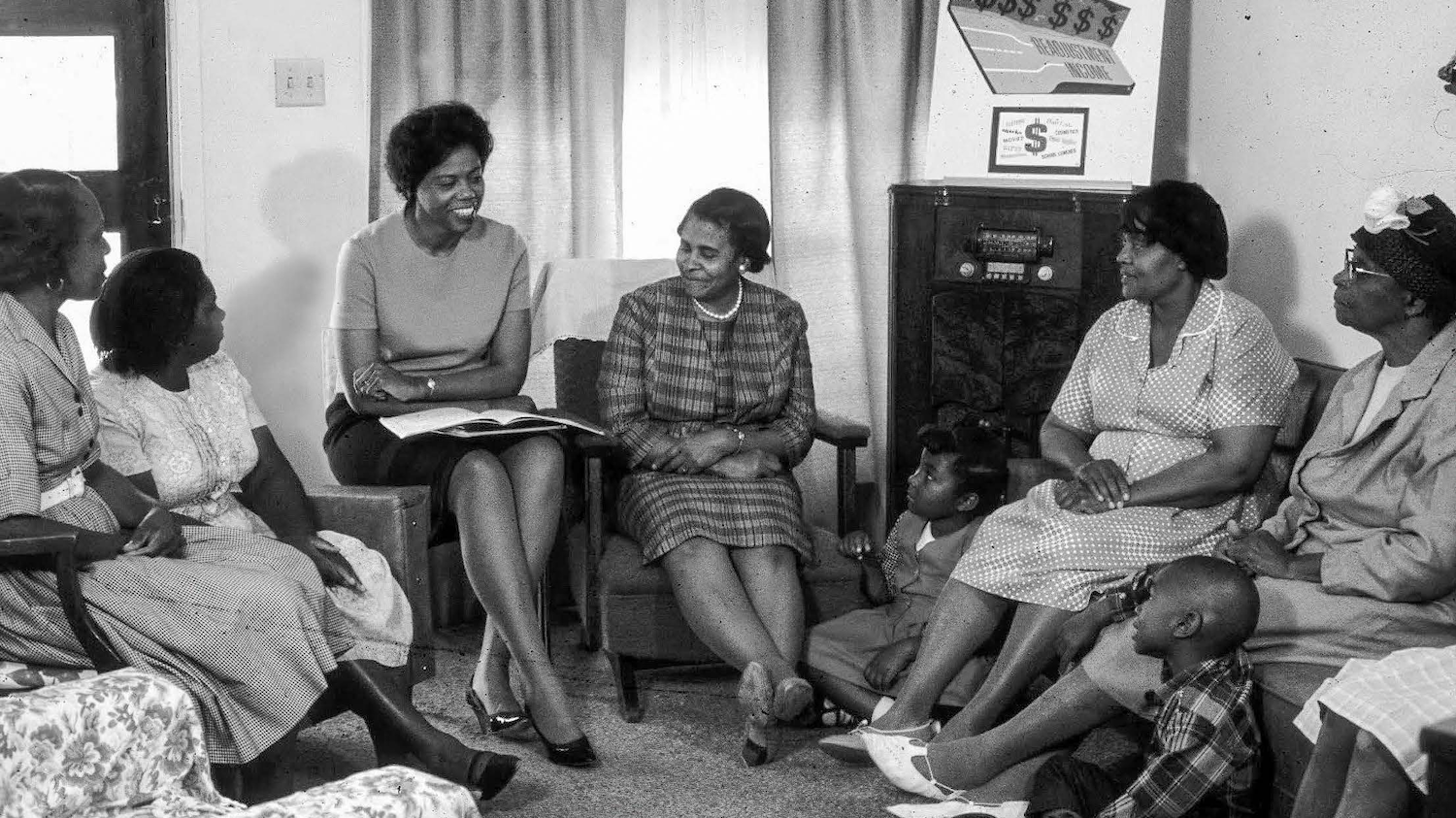CALS Strategic Plan: Growing Our Future
A new strategic plan will guide CALS efforts through 2030.

People, programs and innovation take center stage in the College of Agriculture and Life Sciences’ new strategic plan, “Growing Our Future.” Created by a team of over 30 faculty and staff members, the plan sets 10 priorities for ensuring the college’s success over the next seven years.
CALS’ previous strategic plan, “Our Envisioned Future,” spurred significant progress between 2013 and 2022. Before former Dean Richard Linton departed in early 2022 to become president of Kansas State University, he set the bar even higher, calling for a plan to make CALS the best land-grant college in the country and the best place to learn and work.
Interim Dean John Dole and Assistant Dean for Human Resources Rebecca Zuvich served as committee co-chairs. The committee designed the plan to dovetail with Wolfpack 2030: Powering the Extraordinary, North Carolina State University’s latest strategic plan. Surveys, focus groups and interviews tapped the insight of thousands of CALS stakeholders in industry, government and academia.
Soon after the plan’s completion, CALS’ administration began assessing related personnel and funding needs. Dole said the college’s next dean will have the opportunity to make a big impact on the college through the plan.
In the end, everything revolves
around people.
“To be successful, we need to increase the level of support we get every year,” Dole said. “We have many innovative initiatives as well as facilities that need to be evaluated and upgraded.”
Dole believes one of the plan’s strengths is its emphasis on problem-solving interdisciplinary initiatives across research, academics and extension. The plan also calls for increased internal and external communications, more progress in diversifying the college community and additional programs to ensure faculty, staff and student well-being.
The CALS plan emphasizes sustainability through the lens of the United Nations’ Sustainable Development Goals. These 17 goals address such broad topics as poverty, inequity, hunger, education, the environment and health and well-being. “In concert with these goals, the college wants to ensure the long-term viability of the industries with whom it partners,” Dole added.
College departments and units have been encouraged to set program goals that build on CALS’ plan.
“We are going to rely on departments and units to guide the specific topics we focus on,” Dole said. “As a committee, we focused on creating an efficient and connected CALS— one with a robust infrastructure to support the college’s people, programs and innovation. In the end, everything revolves around people.”
What the CALS
Community is Saying







Stakeholder Engagement
70+
One-on-One Interviews
9
Focus Groups with CALS Faculty, Staff and Students
14
Listening Sessions with Stakeholders Throughout N.C.
11,000+
Total Points of Stakeholder Input
700+
Faculty, Staff and Student Survey Responses
9,000+
NC State Extension Survey Responses
- Categories:


